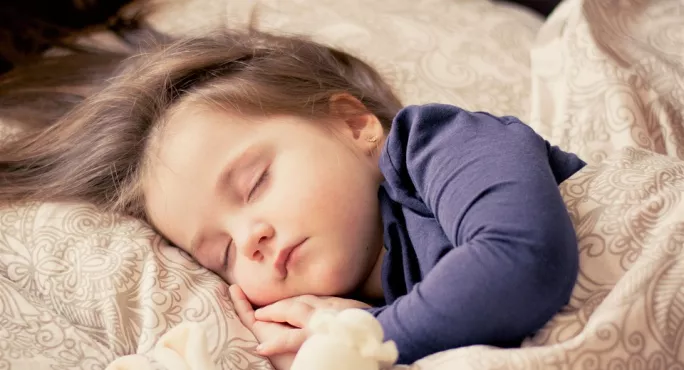Around 400,000 children in the UK do not have a bed of their own to sleep in, according to estimates by a charity working with disadvantaged children.
In the last decade, the number of beds that Buttle UK has donated to families in need has more than trebled: from 963 beds in 2006-7 to 3,217 beds in 2016-17.
Bed purchases account for 27 per cent of the small grants handed out by Buttle UK; 10 years ago, it was only 12 per cent.
Extrapolating this percentage out, using national figures for children in poverty, the charity estimates that there are around 400,000 children in the UK who do not have beds of their own.
“I can’t say there’s an absolute reason why it’s getting worse,” said Gerri McAndrew, chief executive of Buttle UK. “But we do know the numbers of children living in poverty are rising all the time - the huge impact of austerity cuts and changes to the welfare-benefits system.”
‘A huge issue’
Children who do not have beds of their own end up sharing with siblings, parents or even step-parents, Ms McAndrew said. Others have to sleep on the sofa or the floor.
This comes as no surprise to Dan Morrow, head of Oasis Academy Skinner Street, in Kent. Many of his pupils come from disadvantaged backgrounds. “Lack of beds has become a huge issue in the last two years, in a way it definitely wasn’t before,” he said.
He added that it is not uncommon for eight- and nine-year-old pupils at his school to sleep in cots, because they do not have a proper bed.
And poor-quality or broken sleep takes a toll on children’s ability to concentrate, behave well, and perform academically at school.
“Some children are sleepy during the day,” said Dagmara Dimitriou, director of the Lifetime Learning and Sleep Lab, at the UCL Institute of Education. “But, for other children, it’s actually the opposite - they will be hyperactive, show ADHD symptoms.”
Chaotic lives
And, said Ms McAndrew, sleep-deprived children often struggle to focus in the classroom. “If children have a lack of sleep, they’re a bit more irritable,” she said. “There’s lots of lack of concentration. Symptoms go from being withdrawn and listless, not participating, through to behaviour problems.”
Tracy Reynolds, a YWCA Yorkshire case worker who liaises between disadvantaged families and their schools, has seen this first-hand. “Often, if they haven’t got beds, then they haven’t got bedtime routine and structure,” she said. “Their lives are chaotic. If they haven’t got routine, then that’s when behaviour problems kick in.”
This is an edited version of an article appearing in the 5 May edition of Tes. Subscribers can read the full article here. This week’s Tes magazine is available in all good newsagents. To download the digital edition, Android users can click here and iOS users can click here
Want to keep up with the latest education news and opinion? Follow Tes on Twitter and like Tes on Facebook




